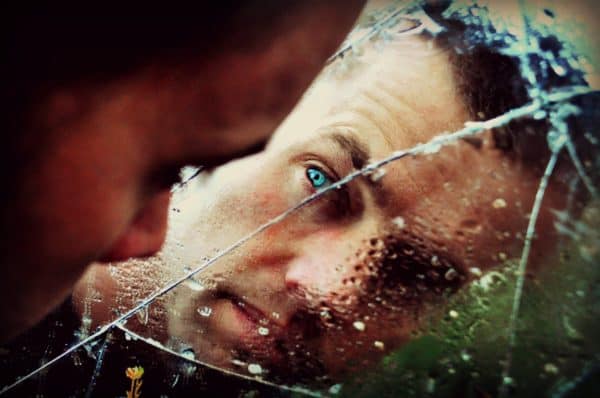10 Rules of Families That Scapegoat
A family that is dominated by a dysfunctional or narcissistic parent may result in its members living under a set of unspoken ‘rules’, rules which benefit the parent at the expense of their children’s well-being. The research I conducted on what I named family scapegoating abuse (FSA) suggests that dysfunctional families that scapegoat are also governed by a specific set of rules. This article reviews ten rules that I have identified as being evident in families that scapegoat one of their own.




